-
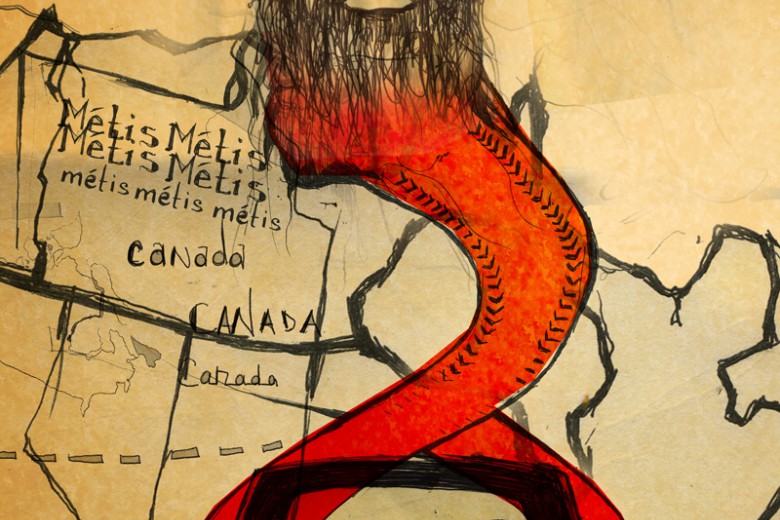
by Tara Gereaux Jan 1, 2013 10 min read
-
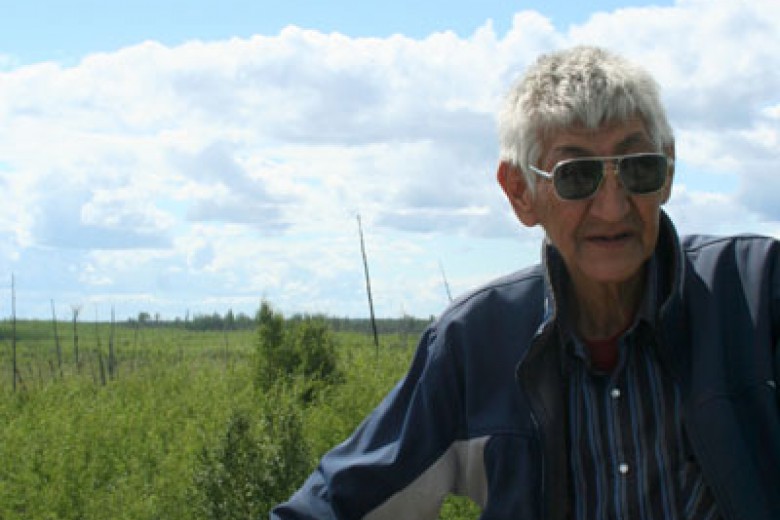
by Sandra Cuffe Nov 11, 2012 6 min read
-
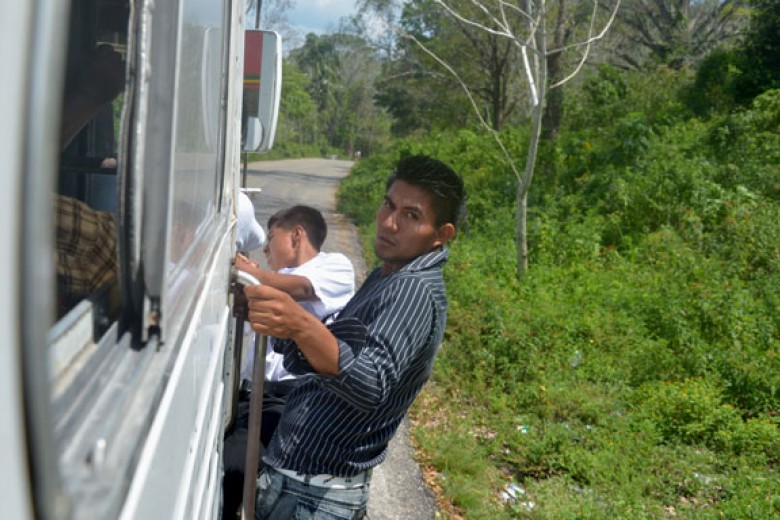
by Dawn Paley Jul 1, 2012 12 min read
-

by Tyler McCreary Jul 1, 2012 7 min read
-
by Tim Groves Jul 1, 2012 1 min read
-
1_780_520_90_s_c1.jpg)
by Harsha Walia Jan 1, 2012 8 min read
-
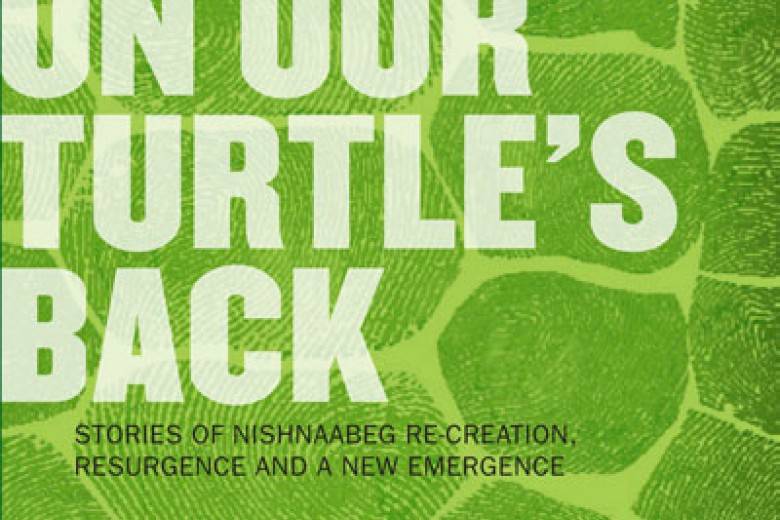
by Damien Lee Jan 1, 2012 4 min read
-
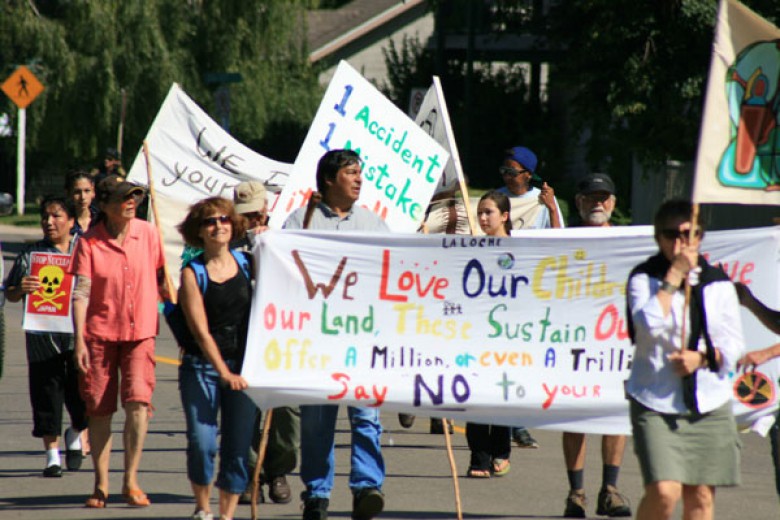
by Don Kossick and Briarpatch Staff Jan 1, 2012 6 min read
-
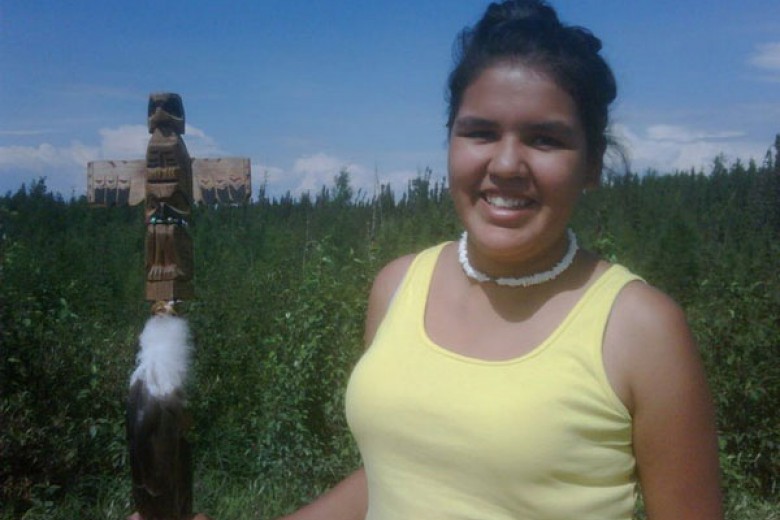
by Briarpatch Staff Jan 1, 2012 2 min read
-
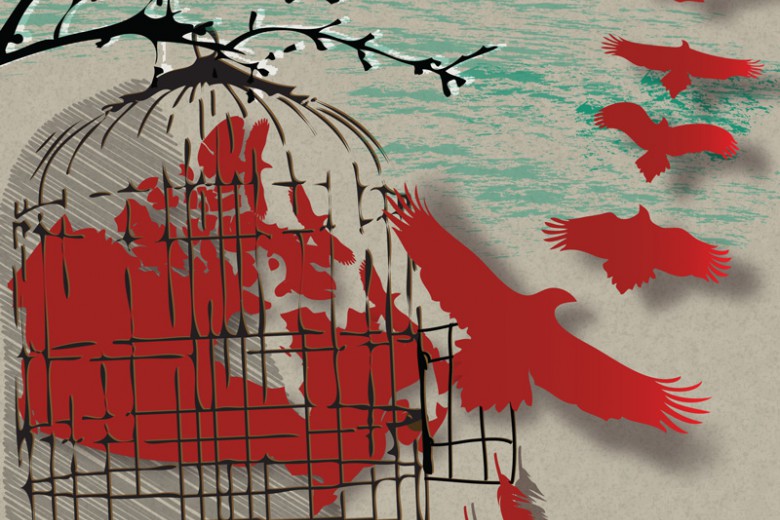
by Valerie Zink Mar 1, 2011 3 min read
-
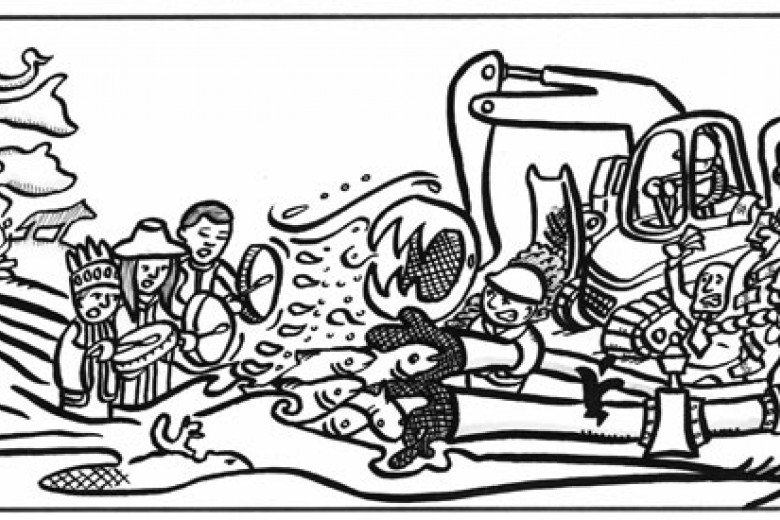
by Tyler McCreary Mar 1, 2011 10 min read
-
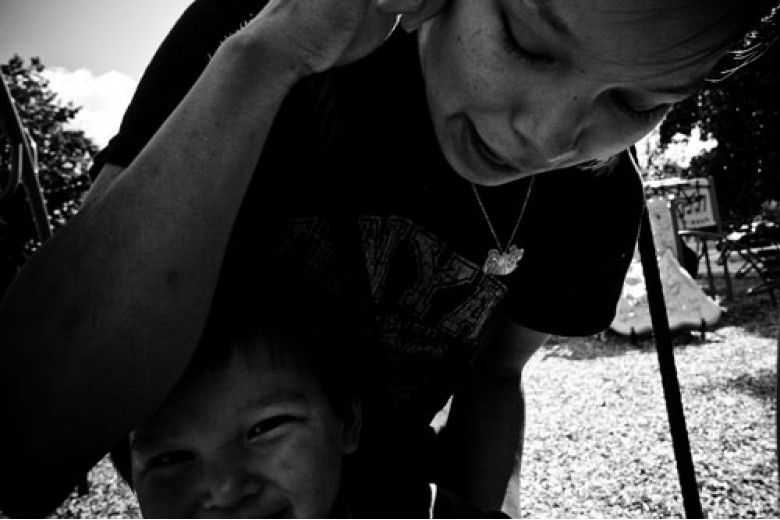
by Jonathan Taggart Mar 1, 2011 5 min read
-
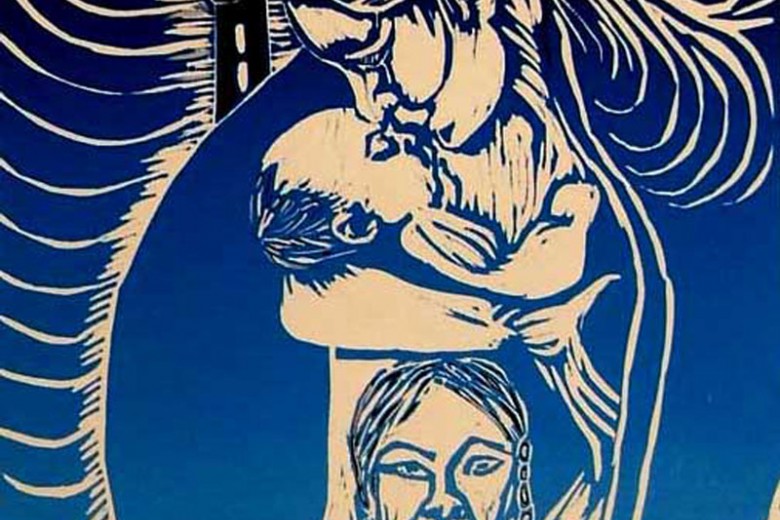
by Angela Sterritt Mar 1, 2011 8 min read
-

by Dawn Paley Mar 1, 2011 7 min read
-
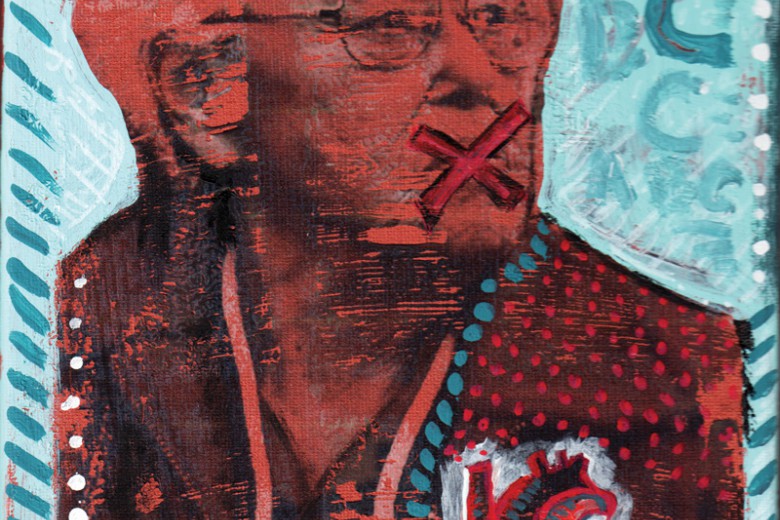
by Andrea Bear Nicholas Mar 1, 2011 10 min read
-
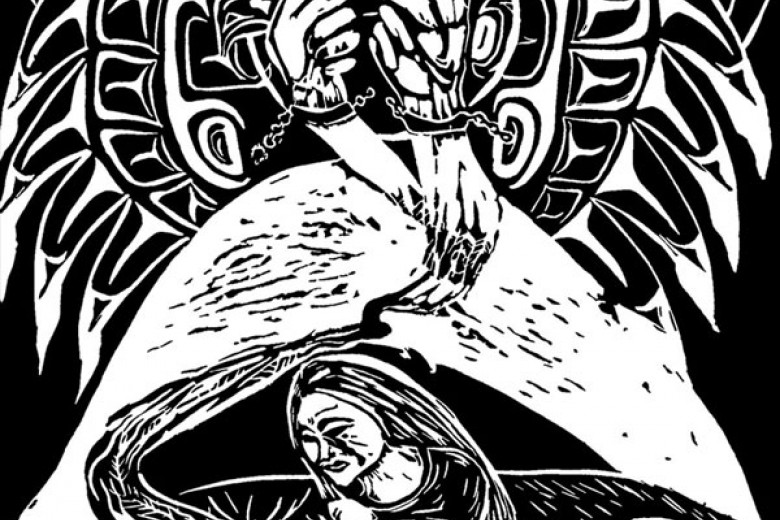
by Robyn Maynard Mar 1, 2011 5 min read
-
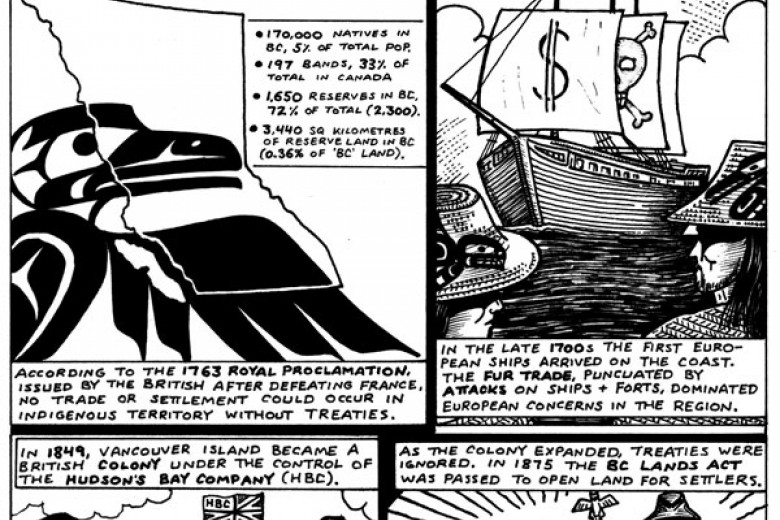
by Gord Hill Mar 1, 2011 1 min read
-
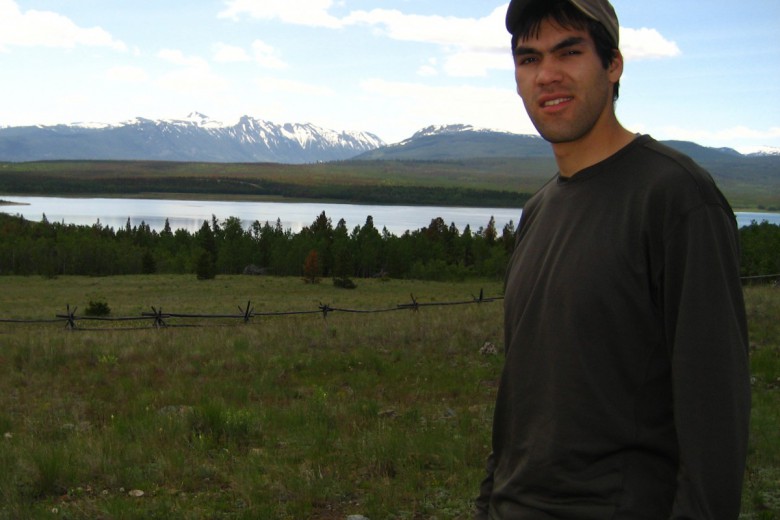
by Russel Samuel Myers Ross Feb 28, 2011 4 min read
-

by Tyler McCreary Jan 1, 2011 4 min read
-
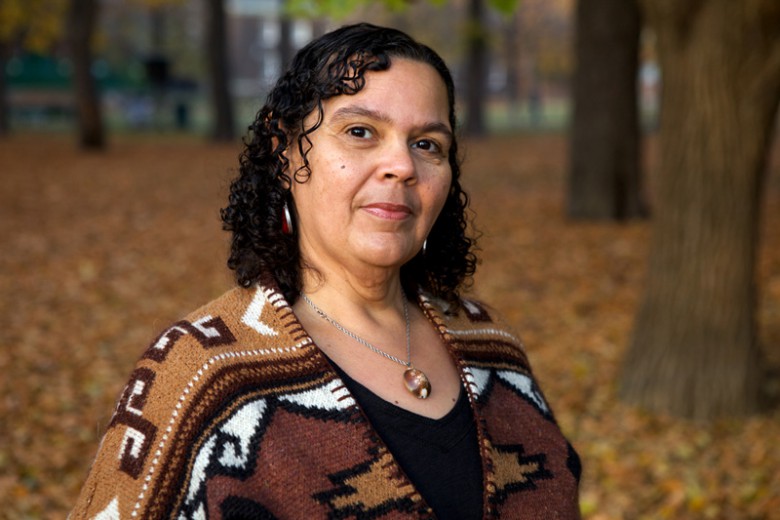
by Zainab Amadahy Jan 1, 2011 3 min read




1_780_520_90_s_c1.jpg)
















